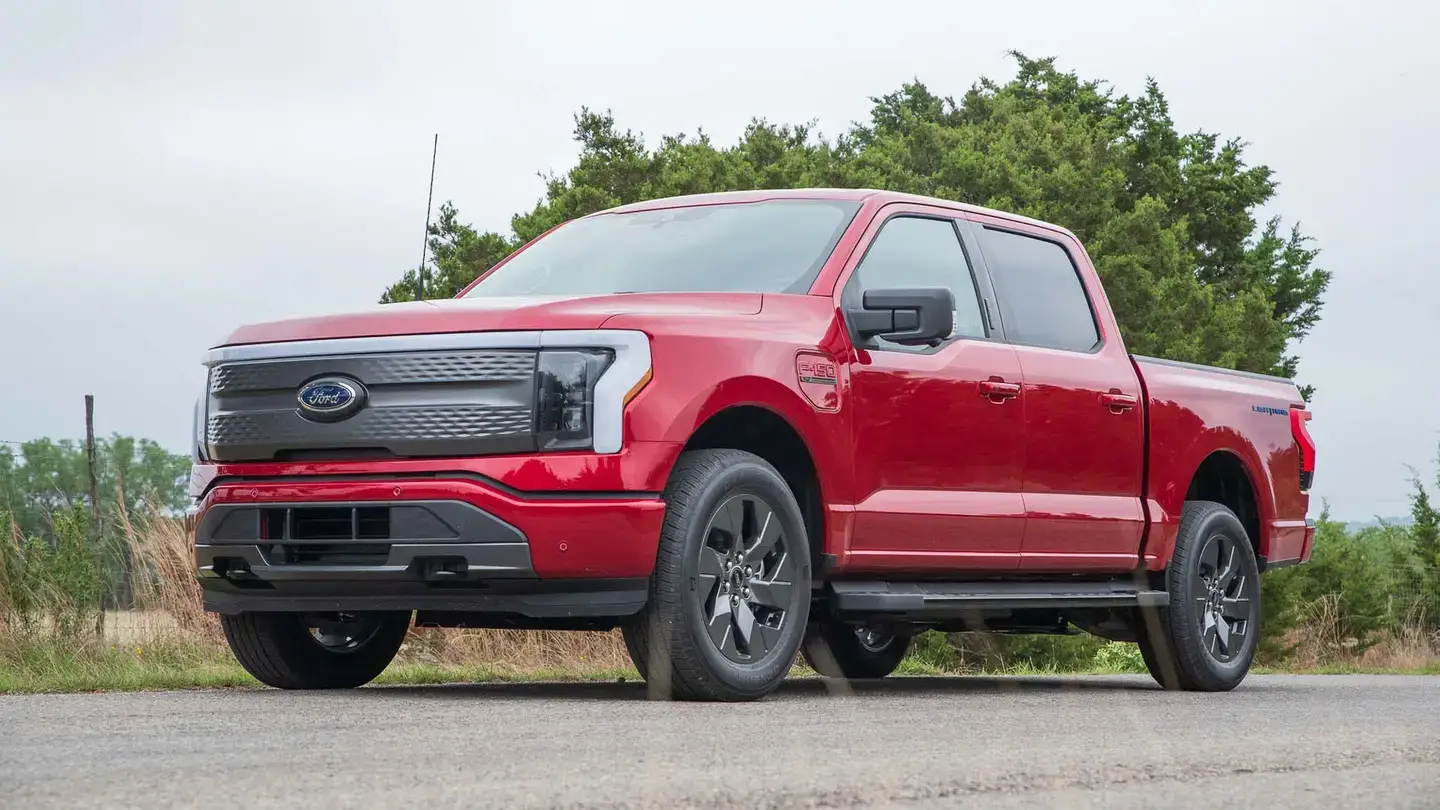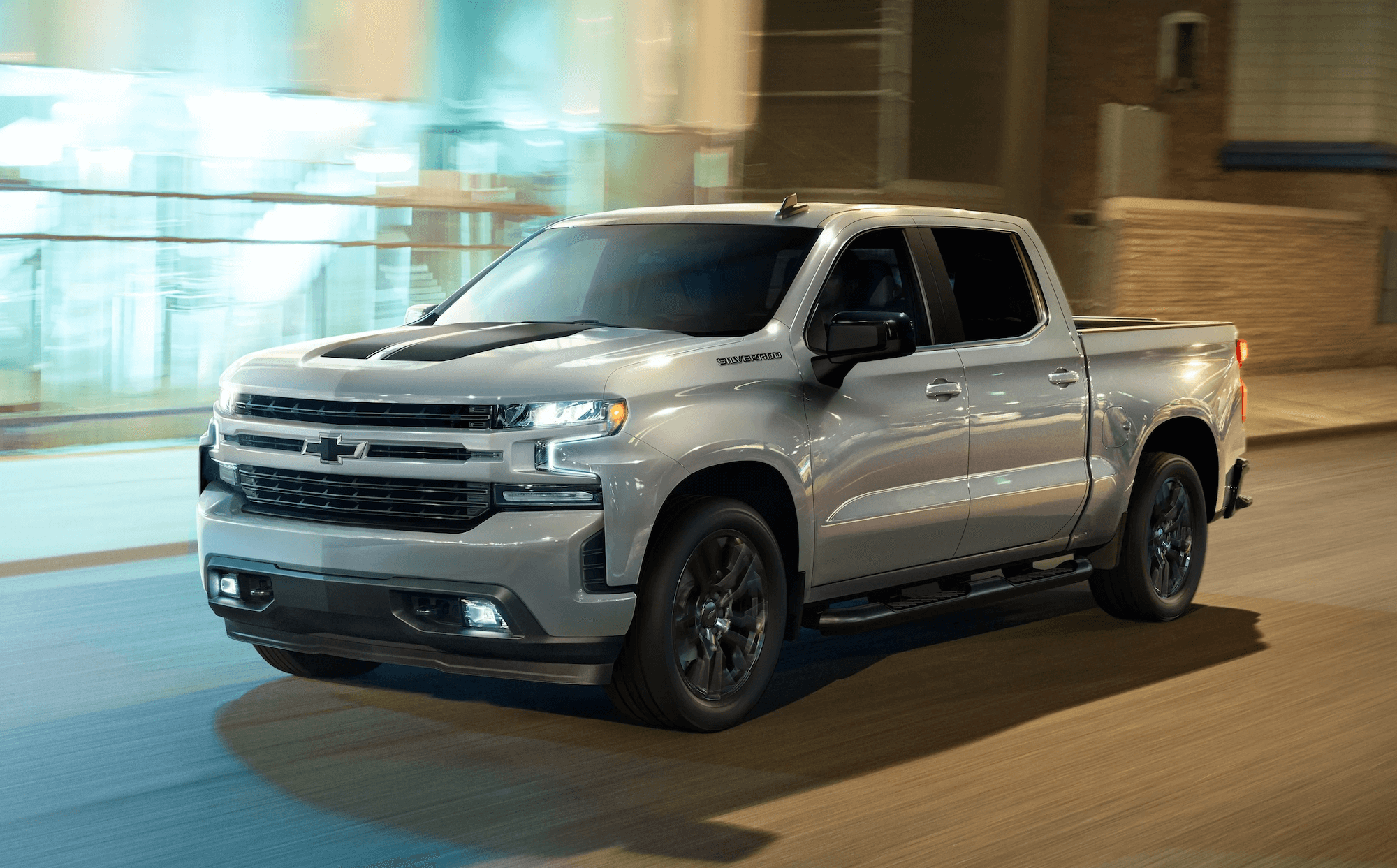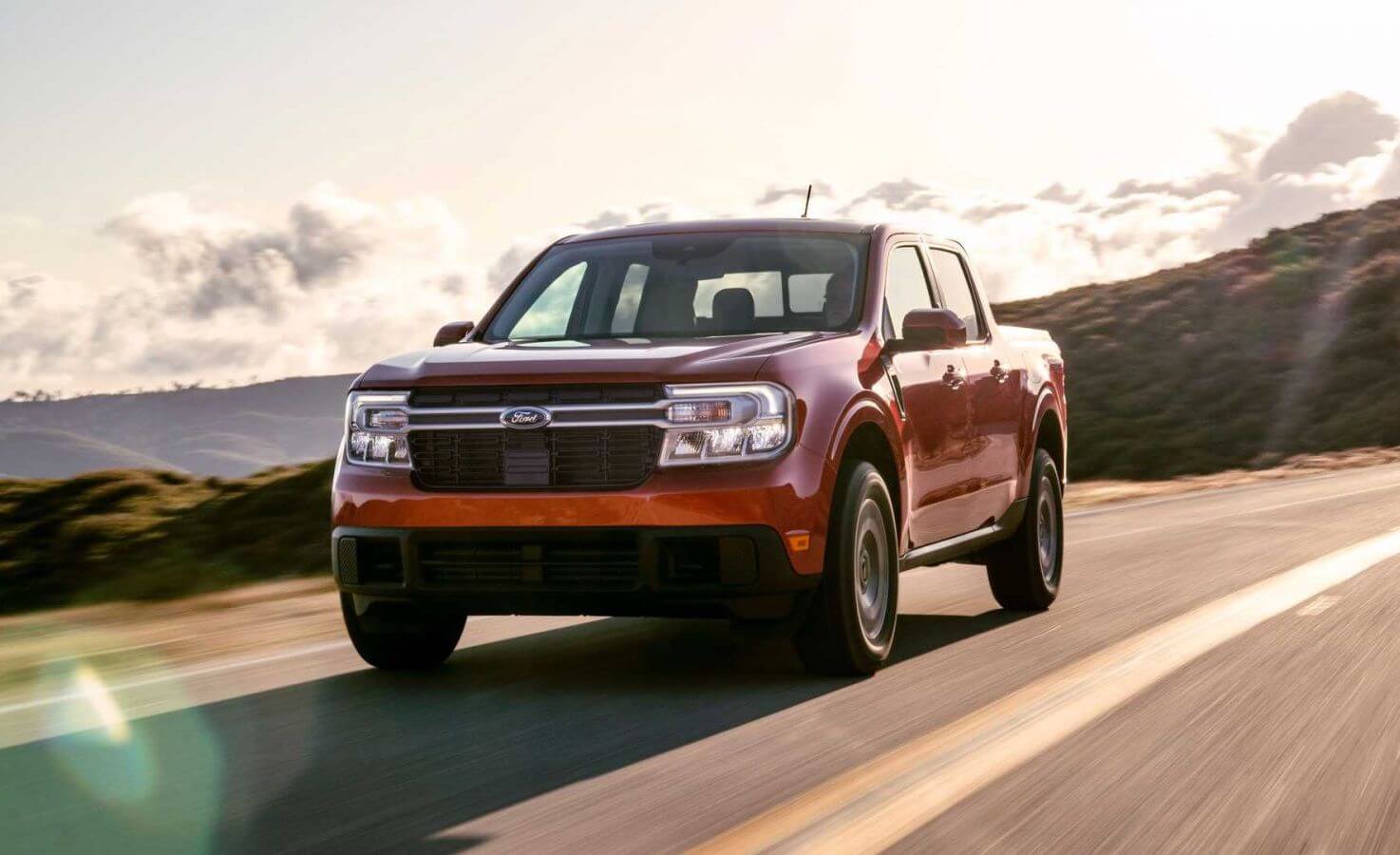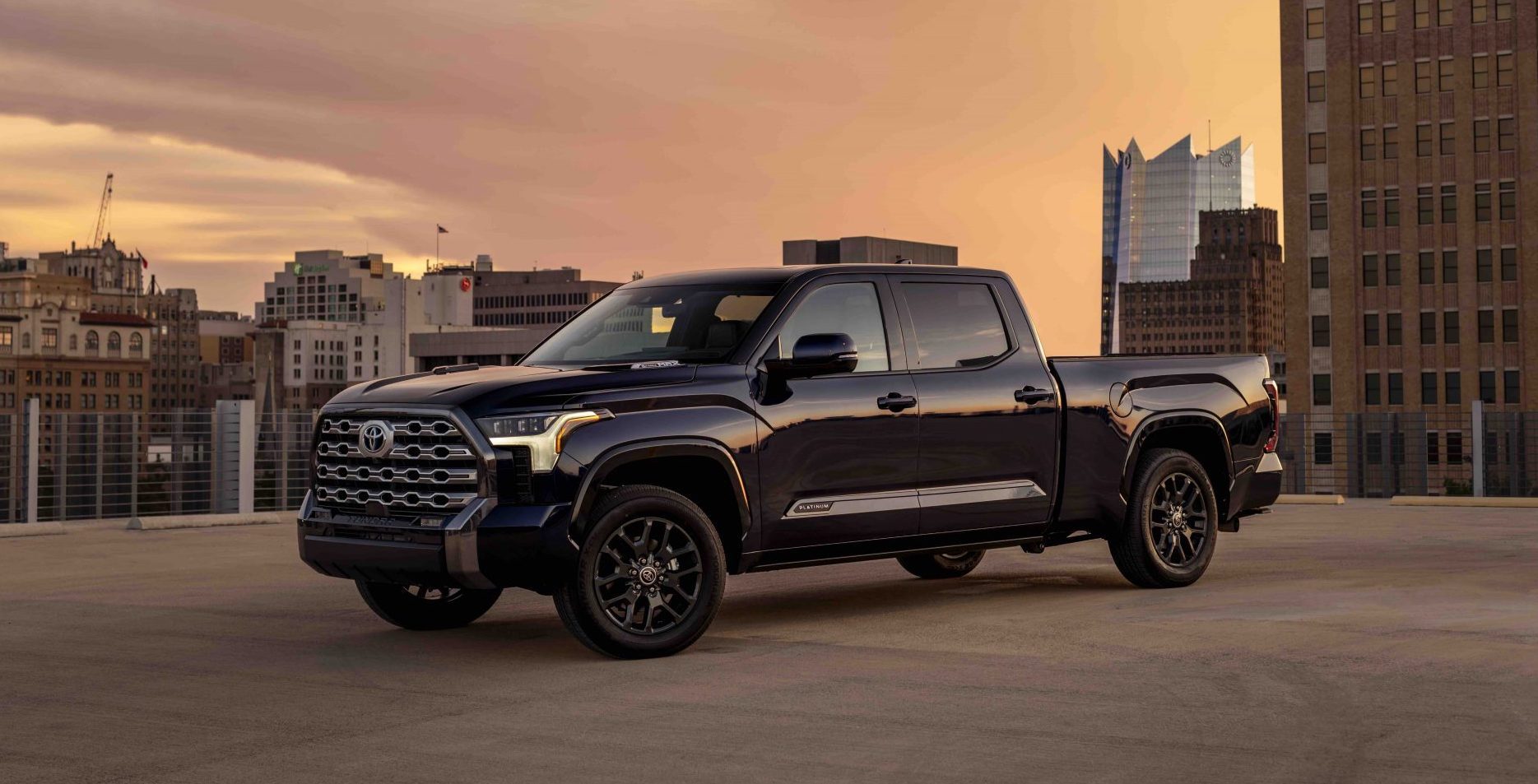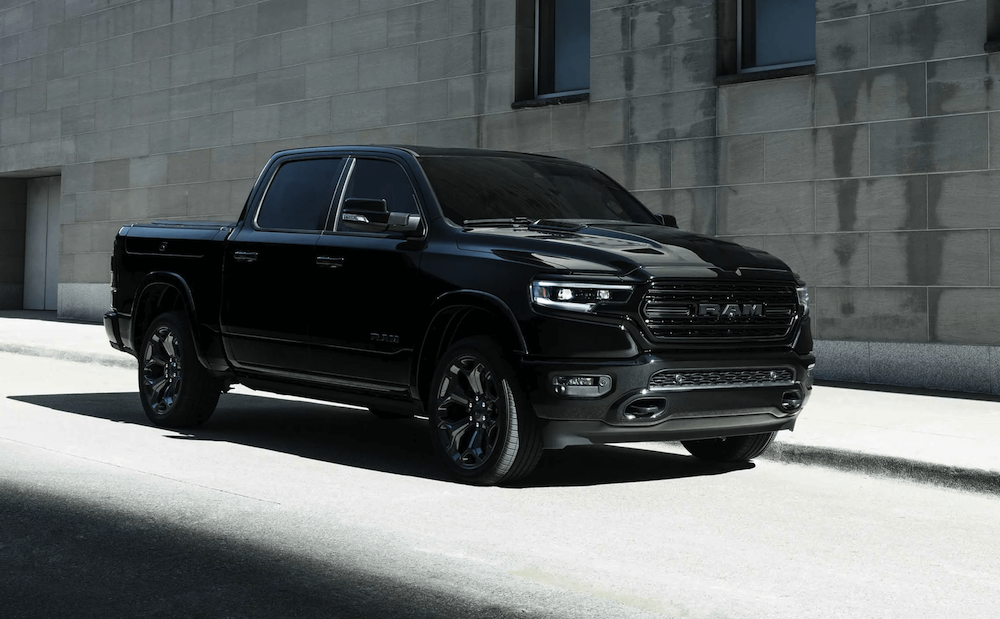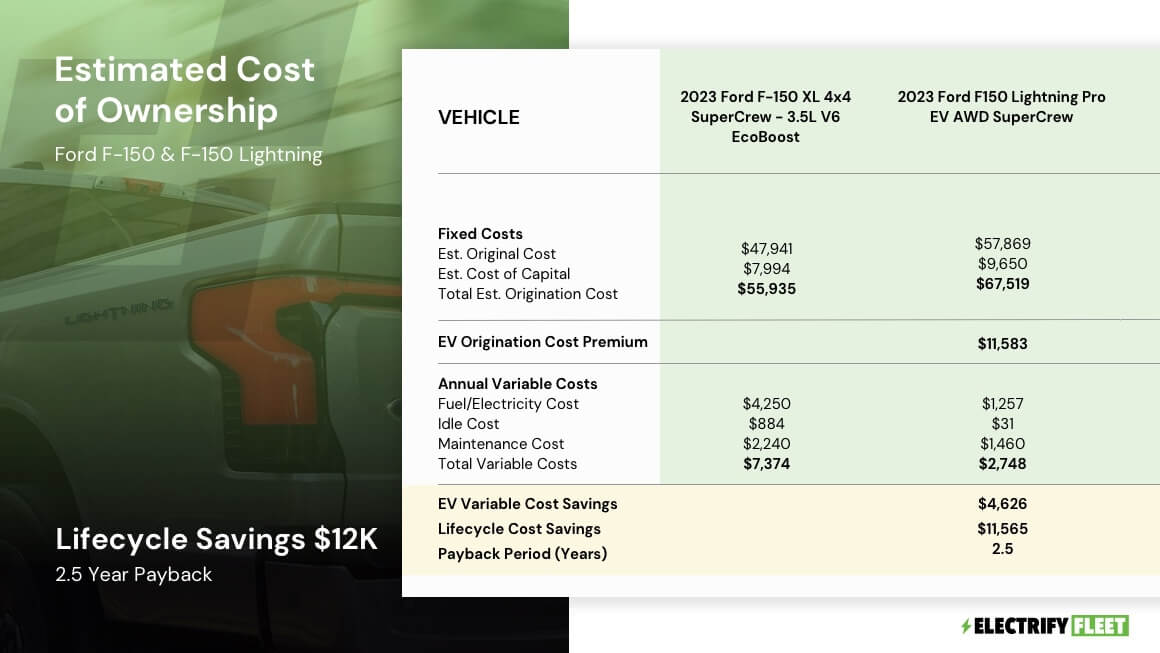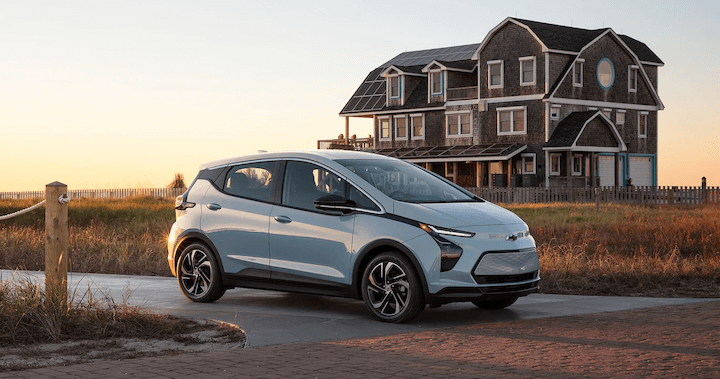5 Best Electric Pickup Trucks for Professionals [w/ Comparison Table]
Work trucks are an essential component for many industries, including construction, utilities, agriculture, engineering, and more. As businesses continue to prioritize Environmental, Social, and Governance (ESG) goals, many are moving toward adopting electric vehicles.
If you’re in the early stages of EV adoption and interested in which trucks are the most sustainable, this guide is for you. Some of these vehicles are already on the market while others are expected to debut in 2024. We’ll also discuss whether a 100% electric or hybrid vehicle makes the most sense for your business and how to make the transportation transition a smooth one.
Why Choose an Electric Truck for Your Business?
There are many benefits to this more sustainable mode of transportation. In addition to playing a part in your company’s Environmental, Social, and Governance (ESG) goals, EVs can help your fleet’s performance and efficiency while lowering your total cost of ownership (TCO).
Fuel Savings
Pickup trucks are notorious for poor fuel economy, and it’s been proven that electric pickup trucks are more energy efficient than gas-powered vehicles. Plus, electricity is cheaper than gasoline and typically more stable in price.
Reduced Maintenance
Because electric vehicles have fewer mechanical parts that need fluid changes, they require less maintenance. Additionally, their regenerative braking systems reduce the wear on brake pads and rotors, which helps them to last longer.
Instant Torque
Electric engines are quicker when it comes to torque and power and can carry larger loads more easily than a gas-powered engine.
More Storage
Since EVs don’t have a gas engine under the hood, that space — referred to as a “front trunk” — is often used for storage in many models.
EV Tax Credits
Currently, the government offers a variety of tax credits and incentives for purchasing electric vehicles and installing charging depots.
Additional Considerations
Though there are numerous benefits to purchasing a first generation model of the electric pickup trucks coming to market, buyers should remember that they are still early adopters and products will continue to improve over time. Businesses interested in adding electric trucks to their fleets should consider the following:
- Many Popular Models Sell Out Quickly: However, now is a good time to start planning for EV adoption and put your name on the waitlist.
- The Impact of Payload on Battery Performance: Carrying heavy items can run down battery charge faster and cause electric trucks to need more trips back to the charging depot.
- Tire Cost and Maintenance: Electric pickup trucks tend to weigh more than their gas-powered counterparts due to the massive battery packs that power them. This means tires can wear out quicker than on the equivalent gas-powered truck.
- Industry-specific Needs: Businesses that are frequently in remote work areas or fields may not have easy access to charging stations.
- Charging Speeds: Vehicle charging speed varies by three charging levels, which will affect how long it takes to fully charge a battery.
Transitioning to Electric Trucks
The first step in transitioning to electric trucks is educating you and your company about the electric vehicle ecosystem. This includes learning about the charging infrastructure, available makes and models, and vehicle features.
Most modern vehicles are connected capable, meaning the GPS and telematics hardware are built into the vehicle at the factory. With these connected vehicles, programs such as TotalConnect can track fueling and spending trends, vehicle-specific behavior, and driving habits. Telematics data can help fleet managers identify the best routes for swapping out inefficient gas-powered vehicles for electric vehicles.
Pilot programs can make it easier for fleet managers to incorporate electric pickup trucks into their fleet over a predetermined amount of time. A fleet management company (FMC) can help set up a pilot program and support the fleet throughout the process. A pilot program is a great way to get started with electric vehicles and measure the tangible improvements in fleet performance that can then be relayed to stakeholders. They can also help shine light on how EVs will impact your operations before you fully commit to switching over your entire fleet.
Electric vs. Hybrid
Some companies may prefer to test the waters with hybrid models before fully committing to a 100% EV-based truck fleet. A hybrid truck is equipped with a smaller battery to assist with power delivery and is primarily fueled with gasoline. Hybrid trucks have some of the benefits of fully electric vehicles such as obtaining better gas mileage than a standard gasoline model. For example, the Ford Maverick HEV (hybrid) earns an estimated 37 MPG combined and has a range of 511 miles, while the gas-powered Ford Maverick gets 26 MPG combined and 429 miles of range.
What Businesses Typically Use Electric Pickup Trucks?
EV and HEV pickup trucks are an ideal choice for many industries, including:
- Plumbing
- Utilities
- Energy
- Oil & Gas
- Agriculture
- Catering
- Last and Middle-mile Delivery
- Government
- Residential Care
- Colleges & Universities
- Construction
- Engineering
- Food & Drink
Many larger companies have already started to utilize electric pickup trucks. For example, Sunbelt Rentals has ordered 700 Ford F-150 Lightning trucks for their fleet.
Top 5 Sustainable Trucks Comparison Table
| Vehicle Name | Starting Price | Maximum Towing Capacity | Max. Payload | Seating Capacity | Cargo Capacity (cubic feet) | Curb Weight | Drivetrain | Battery size | MPGe | Range |
| 2023 Ford F-150 Lightning | $55,974 | 10,000 lbs. | 2,000 lbs. | 5 | 52.8 ft³ | 6,855 lbs. | AWD | 131 kWh |
68 combined 76 city 60 highway |
Up to 300 miles |
| Chevrolet Silverado EV | $39,900 | 10,000 lbs. | 1,300 lbs. | 6 | Unavailable | Unavailable | 4WD, AWD | 200 kWh | Not yet rated | 400 miles |
| 2023 Ford Maverick HEV | $22,195 | 2,000 to 4,000 lbs. | 1,500 lbs. | 5 | 33.3 ft³ | 3,674 lbs. for 2.5L Hybrid (FWD only); 3,563/3,731 lbs. for 2.0L EcoBoost (FWD/AWD) | FWD, AWD | 2.5L 4-cylinder engine with a 1.1 kWh battery | 42 city
33 highway |
500 miles |
| 2022 Toyota Tundra i-FORCE MAX HEV | $53,000 | 11,450 lbs. | 1,665 lbs. | 5–6 (depending on trim) | Unavailable | 5,700–6,200 lbs. | RWD, 4WD | Sealed nickel-metal hydride (Ni-MH) with a rated voltage of 288V, capacity of 1.87 kWh and 650 volts max | 20 city
25 highway |
644–708 (combined) |
| 2022 RAM 1500 Tradesman HFE EcoDiesel HEV | $39,047 | 6,750 lbs. | 1,240 lbs. | 5 | 61.5 ft³ | 4,785 lbs. | RWD, 4WD | .43 kWh | 29 combined (4WD); 32 combined (RWD) | 460 city/598 highway |
Best Electric Pickup Trucks
Chevy Silverado EV (Coming Soon)
2022 Toyota Tundra i-FORCE MAX
2023 RAM 1500 Tradesman HFE EcoDiesel HEV
1. 2023 Ford F-150 Lightning
The Ford F-150 is ideal for businesses that need power tools or equipment at job sites. It comes with 10 120V outlets in the cab and one 240V outlet in the bed and can even act like a generator in emergency situations. This pickup truck has a 360-degree lighting zone for night work and a comprehensive cloud-based connectivity infotainment system. Safety features include Ford BlueCruise hands-free tech, Ford Co-Pilot 360™, pro trailer backup assist, and onboard digital scales.
- Starting Price: $55,974
- Battery Size: Up to 131 kWh
- MPGe: 68 combined, 76 city, 60 highway
- Charging Level: 120V and 240V
- Truck Bed Storage (L x W): 66” by 65.2”
- Cargo Space: 52.8 ft3
- Max Payload: 2,000 lbs
- Towing Capacity: 10,000 lbs
- Curb Weight: 6,855 lbs
- Driver Terrain Type: AWD
- Range: Up to 300 miles
- Warranty: Limited warranty, 3 years or 36,000 miles. Powertrain warranty, 5 years or 60,000 miles. Battery components warranty, 8 years or 100,000 miles
Notable Awards
The Ford F-150 Lightning made the list of candidates for the 2023 Northern American Car, Truck, and Utility Vehicle of the Year (NACTOY) Awards.
In addition to the manufacturer’s website, information was also gathered from a Car and Driver review and specification page.
2. Chevrolet Silverado EV*
The Chevrolet Silverado EV is a new model that’s expected to debut in 2024 with sales starting in 2023. Built with General Motors Ultium Platform electric battery and Ultifi software platform, the Silverado EV has a four-corner adaptive suspension for off-roading comfort. Safety features include hands-free driving, Chevy Safety Assist with automatic emergency braking, front pedestrian braking, lane assist with lane departure warning, forward collision alert, IntelliBeamⓇ high beam assist, and following distance indicator.
- Starting Price: $39,900
- Battery Size: 200 kWh
- Charging Level: Level 1 — 120V; Level 2 — 240V
- Truck Bed Storage (L x W): Fits items up to 10 ft. 10 in. in length
- Max Payload: 1,300 lbs
- Towing Capacity: 10,000 lbs
- Curb Weight: Unavailable
- Driver Terrain Type: 4WD, AWD
- Range: 400 miles
- Warranty: Unavailable
In addition to the manufacturer’s website, details were also gathered from Car and Driver.
* Note: This information is gathered pre-production and is subject to change.
3. 2023 Ford Maverick HEV
The Ford Maverick is a hybrid truck with an affordable price tag.
- Starting Price: $22,195
- Battery Size: 2.5L 4-cylinder engine with a 1.1 kWh battery
- Truck Bed Storage (L x W): 54.4” by 42.6”
- Cargo Space: 33.3 ft.3
- Max Payload: 1,500 lbs
- Towing Capacity: 2,000 lbs. (up to 4,000 lbs. with the 4K towing package)
- Curb Weight: 3,674 lbs. for 2.5L Hybrid (FWD only); 3,563/3,731 lbs. for 2.0L EcoBoost (FWD/AWD)
- Driver Terrain: FWD, AWD
- Range/EPA: 42 mpg (city)/33 mpg (highway)
- Warranty: Full warranty of 36 months or 36,000 miles. Powertrain warranty of 60 months or 100,000 miles
Information gathered from Ford and MotorTrend.
4. 2022 Toyota Tundra i-FORCE MAX HEV
The Toyota Tundra, a new hybrid model, received an award for having one of the 10 best engines and propulsion systems.
- Starting Price: $53,000
- Battery Size: Sealed nickel-metal hydride (Ni-MH) with a rated voltage of 288V, capacity of 1.87 kWh and 650 volts max
- Truck Bed Storage (L x W): 77.6” by 96.5” (will vary; depends on the trim level)
- Max Payload: 1,665 lbs.
- Towing Capacity: Up to 11,450 lbs.
- Curb Weight: 5,700–6,200 lbs.
- Driver Terrain: RWD/4WD
- Range/EPA: Approx. 22 mpg; 644–708 (combined)
- Warranty: 3-year, 36,000-mile comprehensive; 5-year, 60,000-mile Powertrain
Information from Toyota, MotorTrend, MotorBiscuit, and Ventura Toyota.
5. 2023 RAM 1500 Tradesman HFE EcoDiesel HEV
This mild hybrid engine truck offers two powertrain options — the standard 3.6L V6 engine with the eTorque system attached to an 8-speed automatic transmission. The second option is the 3.0L EcoDiesel V6 engine with the same transmission.
- Starting Price: $39,047
- Battery Size: 0.43 kWh
- Truck Bed Storage (L x W): 76.3” by 66.4”
- Cargo Space: 61.5 ft.3
- Max Payload: Maximum of 1,240 lbs.
- Towing Capacity: Maximum of 6,750 lbs.
- Curb Weight: 4,785 lbs.
- Driver Terrain: RWD/4WD
- Range/EPA: 460 city/598 highway; 32 combined (RWD), 29 combined (4WD)
- Warranty: Basic warranty is 3 years/36,000 miles.
Information from MotorBiscuit, Edmunds, and CarBuzz.
Estimated Cost of Ownership: F-150 (Gas-powered) vs. F-150 Lightning (EV)
Our fleet experts have pulled together a side-by-side comparison of the Ford F-150 and Ford F-150 Lightning. The cost of ownership considers a number of variables.
Add Electric Trucks to Your Fleet
Manufacturers are increasingly focusing on electric pickup trucks, and we expect to see more models soon. As mentioned earlier, there are numerous benefits to using electric pickup trucks for business, including cost savings, ample storage space, instant torque, and more. Though it may seem overwhelming to transition a fleet to electric vehicles, it doesn’t have to be. At Merchants, our fleet experts are here to support you during every step of the adoption process. Take our EV Fleet assessment to see if now is the right time to transition your fleet.
Did you know that light trucks typically spend 12% of their operation time idling?
Let the Merchants Fleet strategic consulting team find opportunities to drive meaningful change for your fleet.


